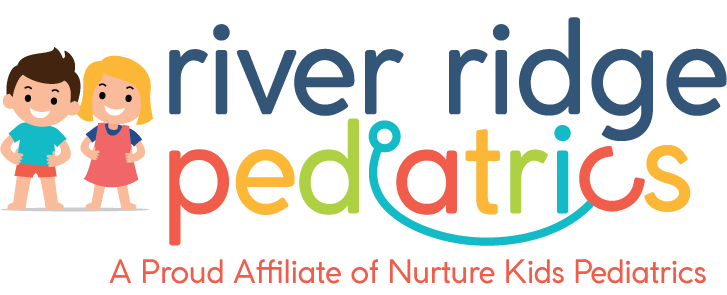Spotting Vision Problems In Your Children
Spotting Vision Problems In Your Children
As parents, we are constantly on the lookout for dangers to our children. We stay up at night worrying about their physical health, their mental health, and their general well being. We can’t be with them all the time to constantly provide protection, but we can do our best to keep them safe and healthy and teach them to take care of themselves. While they are in our care, though, we should also be alert to their behavior and manners to spot problems.
So next time you have some time, spend some extra time with your children and look out for any issues, both mental and physical. One kind of problem to be on the lookout for is a vision problem. Below are some tips for spotting vision problems in your children, as well as some information about how to treat the child’s problem.
WARNING SIGNS
Get your child regular eye exams
Remember when you were a child and the school nurse administered an eye exam? Most public schools now require that you have your child undergo an eye exam before school starts. Your pediatrician can administer the exam. Don’t put any pressure on your son or daughter about his or her performance in the eye exam. It is important to make it pressure free so your doctor can gauge your son or daughter’s vision and not her nerves!
Look out for falling grades
Has your son or daughter’s grades dropped recently and you and your child do not know why? It might have to do with your child’s vision. If he or she can’t see the board, he or she will have trouble keeping up with class, taking notes, and learning.
Be aware of too many “sick” days
Is your son or daughter expressing a reluctance to go to school? Is he or she complaining about a sore throat or a tummy ache with more frequency than normal? If your child is having vision problems, he or she may not want to go to school anymore. Sit down with your child and find out what’s going on.
Look for trouble or aversion to reading
Of course plenty of children with perfectly good vision do not want to read simply because they would rather watch television or play with their toys, but be on the lookout for particularly strong feelings against reading. Does your child struggle with reading aloud more than he/she should for his age or grade level? Vision problems may be the culprit.
Doing homework very slowly
If you notice your child is taking longer than seems appropriate to complete homework assignments, it may be because he or she is having trouble seeing the homework. Try doing some homework with your child to see if he or she is having difficulty seeing the page.
TREATMENT
The great news is that even if you notice your son or daughter is having vision problems, there are a lot of ways to treat the problem. Your son or daughter will be fine!
Treatment Tip #1 – Go to the doctor
Take your child to an ophthalmologist or optometrist for a full eye exam. Expect that there will be a thorough eye inspection, a corneal light reflex test, cover testing, and visual acuity testing. Depending on how old your child is, the doctor may use an ophthalmoscope, a tool to examine the back of the eye. Expect to see an updated version of the old eye chart, too!
Treatment Tip #2 – Get your child glasses
Glasses are an easy fix to correct your child’s vision problems. Make the glasses seem fun by giving your son or daughter some options. You don’t need to spend a lot of money, and probably shouldn’t as children can lose glasses easily. You’ll want to get plastic glasses for safety reasons and you’ll also want to go to an optician with experience with children.
Treatment Tip #3 – Consider contact lenses
Depending on their age, many children ask for contact lenses instead of glasses. This is a decision for the parent and child to make together. The doctor should explain all the time and care necessary with contact lenses, as well. Contact lenses require top hygienic practices. Improper use of contact lenses can lead to very serious eye problems like corneal infection.
Treatment Tip #4 – Feed your child an eye healthy diet
Just another reason to feed your family healthy food is that it can help their vision. Carrots and spinach are two excellent foods to serve, as are strawberries and eggs.
About the author:
Emily Joseph is a writer for Qualsight Lasik providers. When Emily isn’t busy blogging or reviewing a wide range of doctors, she spends her time in her personal garden growing organic vegetables.

 Next Post
Next Post



